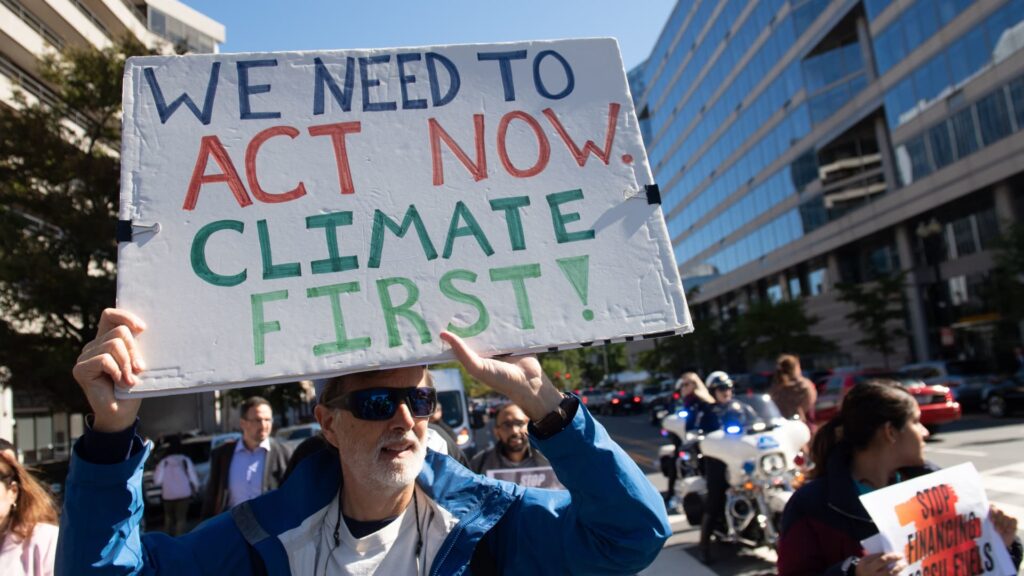As the climate crisis continues to pose a global threat, leading economists debate its impact on the US economy.
Mark Zandi, chief economist at Moody's Analytics, expects “physical risks” to constitute the largest economic cost over the next 10 to 20 years. This is damage caused by natural disasters, which are now occurring with greater frequency. Zandi also expects that the transition costs associated with moving from an economy dominated by fossil fuels to one based on green energy will be a burden on the US economy.
Jeffrey Sachs, a professor of economics at Columbia University, says he is more focused on how the world can transition to clean energy over the next 25 years.
Sachs asked: “How can the whole world get a clean energy system?” “Because if the United States does it and others don't, forget it. It doesn't stop the global crisis
But former US Secretary of Labor Robert Reich regrets that not all countries have the wealth necessary to invest in the transition to green energy. “It is the poorest countries that have the most difficulty adapting,” Reich says.
There will be pressure from stakeholders and society to make a green transition, says Nouriel Roubini, professor of economics and international business at New York University.
“We need to bring communities, workers and public and private institutions together to create value in a more collective, better and goal-oriented way,” said Mariana Mazzucato, a professor at University College London.
Watch the video above to see how top economists expect the climate crisis to impact the US economy.
